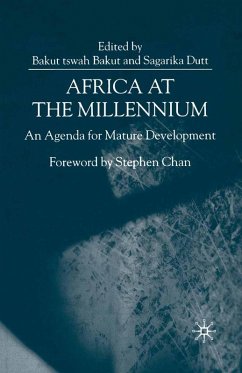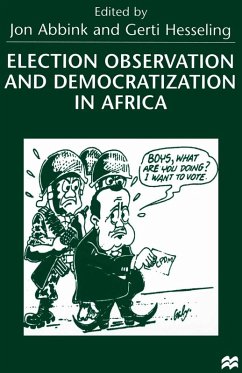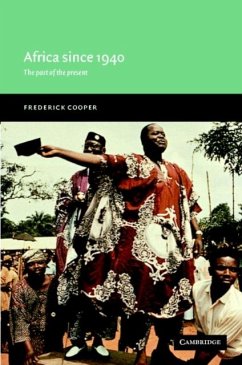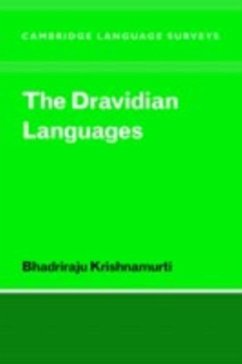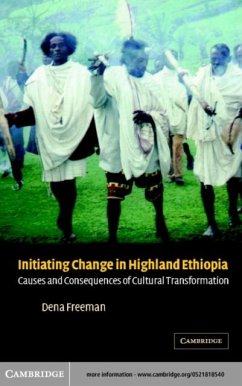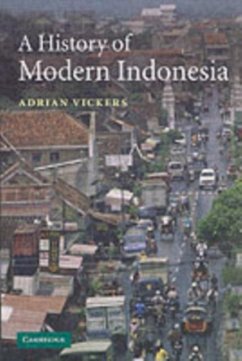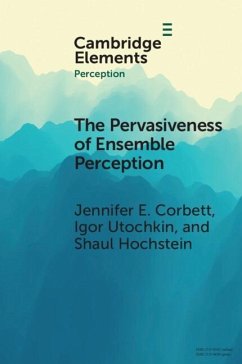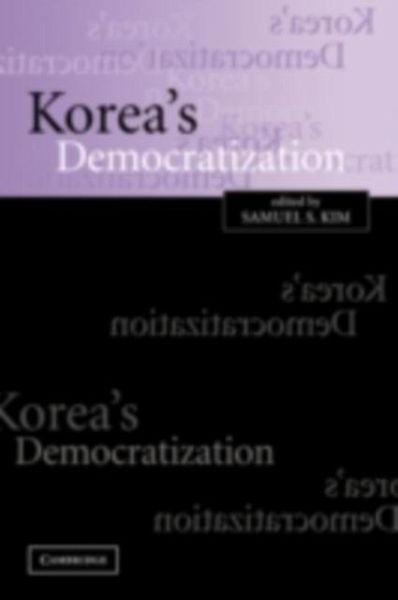
Korea's Democratization (eBook, PDF)
Versandkostenfrei!
Sofort per Download lieferbar
32,95 €
inkl. MwSt.
Weitere Ausgaben:

PAYBACK Punkte
16 °P sammeln!
The Republic of Korea is regarded as a shining example of democracy in East Asia. Despite this significant achievement, Korea's democracy in practice has been plagued by political gridlock, severe factional infighting, a lack of social capital and cooperation between civil society and political institutions, and leadership behavior that calls to mind its authoritarian past. Although the country is now a secure electoral democracy, its journey toward democratic consolidation is far from complete. In this volume, some of the best scholars on Korean politics explore and assess the complex interpl...
The Republic of Korea is regarded as a shining example of democracy in East Asia. Despite this significant achievement, Korea's democracy in practice has been plagued by political gridlock, severe factional infighting, a lack of social capital and cooperation between civil society and political institutions, and leadership behavior that calls to mind its authoritarian past. Although the country is now a secure electoral democracy, its journey toward democratic consolidation is far from complete. In this volume, some of the best scholars on Korean politics explore and assess the complex interplay of the facilitating and inhibiting factors that have influenced and reshaped Korea's democratic consolidation process at all levels of state and society, as well as the prospects for consolidation in the coming years.
Dieser Download kann aus rechtlichen Gründen nur mit Rechnungsadresse in A, B, BG, CY, CZ, D, DK, EW, E, FIN, F, GR, HR, H, IRL, I, LT, L, LR, M, NL, PL, P, R, S, SLO, SK ausgeliefert werden.





